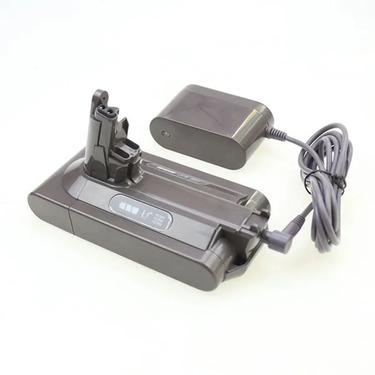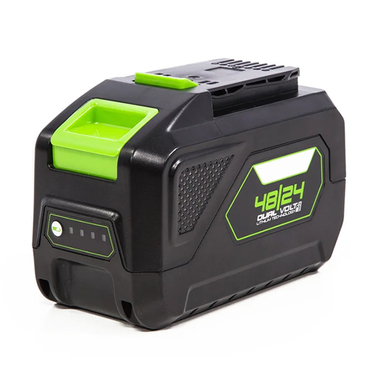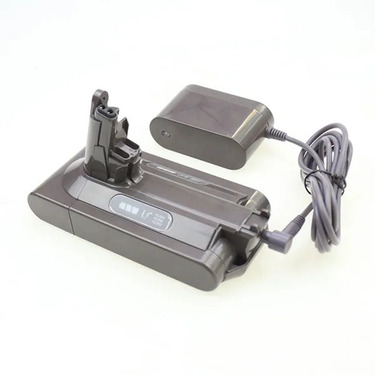News
Site Editor
 Site
/uploads/image/61e7a5cca4d32.png
This guide will walk you through the process of identifying and solving common battery charger problems.
Site
/uploads/image/61e7a5cca4d32.png
This guide will walk you through the process of identifying and solving common battery charger problems.
How to Troubleshoot Common Battery Charger Problems
Views: 5442
Author: Site Editor
Publish Time: 2024-06-19
Origin: Site
Battery chargers are essential devices that keep our electronic gadgets, vehicles, and other battery-powered equipment operational. However, like any other electronic device, they can encounter problems. Troubleshooting these issues can help you determine whether the problem lies with the charger, the battery, or the connection. This guide will walk you through the process of identifying and solving common battery charger problems.
1. Charger Not Powering On
Check the Power Source
-
Ensure that the outlet is working by plugging in another device.
-
If using a power strip or surge protector, check that it is switched on and functioning.
Inspect the Charger
-
Examine the charger for any visible signs of damage, such as frayed wires or a damaged plug.
-
Test the charger in a different outlet to rule out issues with the power source.
Internal Fuse
-
Some chargers have an internal fuse. If accessible, check the fuse and replace it if it’s blown.

2. Charger Not Charging the Battery
Check the Connections
-
Ensure that the battery is properly connected to the charger.
-
Clean the contacts on both the charger and the battery to ensure a good connection.
Verify Battery Compatibility
-
Make sure the charger is compatible with the battery you are trying to charge.
Inspect the Battery
-
Test the battery in another device to ensure it is working.
-
Check for any physical damage or swelling of the battery, which could indicate a problem.
Try a Different Charger
-
If possible, try using a different charger to determine if the problem lies with the charger or the battery.
3. Charger Overheating
Check Ventilation
-
Ensure that the charger has proper ventilation and is not covered by any objects.
-
Place the charger in a cool, well-ventilated area.
Inspect for Damage
-
Check the charger for any signs of damage that could cause overheating.
Allow Cool Down Period
-
If the charger has overheated, unplug it and allow it to cool down before using it again.
4. Charging Takes Too Long
Battery Health
-
Older or damaged batteries may take longer to charge. Test with a known good battery.
Charger Output
-
Verify that the charger’s output matches the battery’s requirements. A lower output charger will take longer to charge.
Check the Power Source
-
Ensure that the power source provides adequate power. Low voltage from the source can slow down charging.
5. Battery Not Holding Charge
Battery Age
-
Batteries have a finite lifespan. If the battery is old, it may no longer hold a charge efficiently.
Check Charging Cycle
-
Ensure the battery is being charged for the correct amount of time as recommended by the manufacturer.
Test Battery
-
Test the battery in another device to confirm if it is the battery or the charger at fault.

6. Indicator Lights Not Working
Check the Manual
-
Refer to the charger’s manual to understand the meaning of the indicator lights and their behavior.
Inspect the LED or Indicator
-
Ensure that the LED or indicator light is not damaged.
Test Charger
-
Test the charger with a different battery to see if the indicator lights function correctly.
7. Unusual Noises from the Charger
Inspect the Charger
-
Check for any loose components inside the charger.
Ensure Proper Ventilation
-
Make sure the charger’s ventilation is not blocked.
Replace the Charger
-
If unusual noises persist, the charger might be defective and should be replaced.

